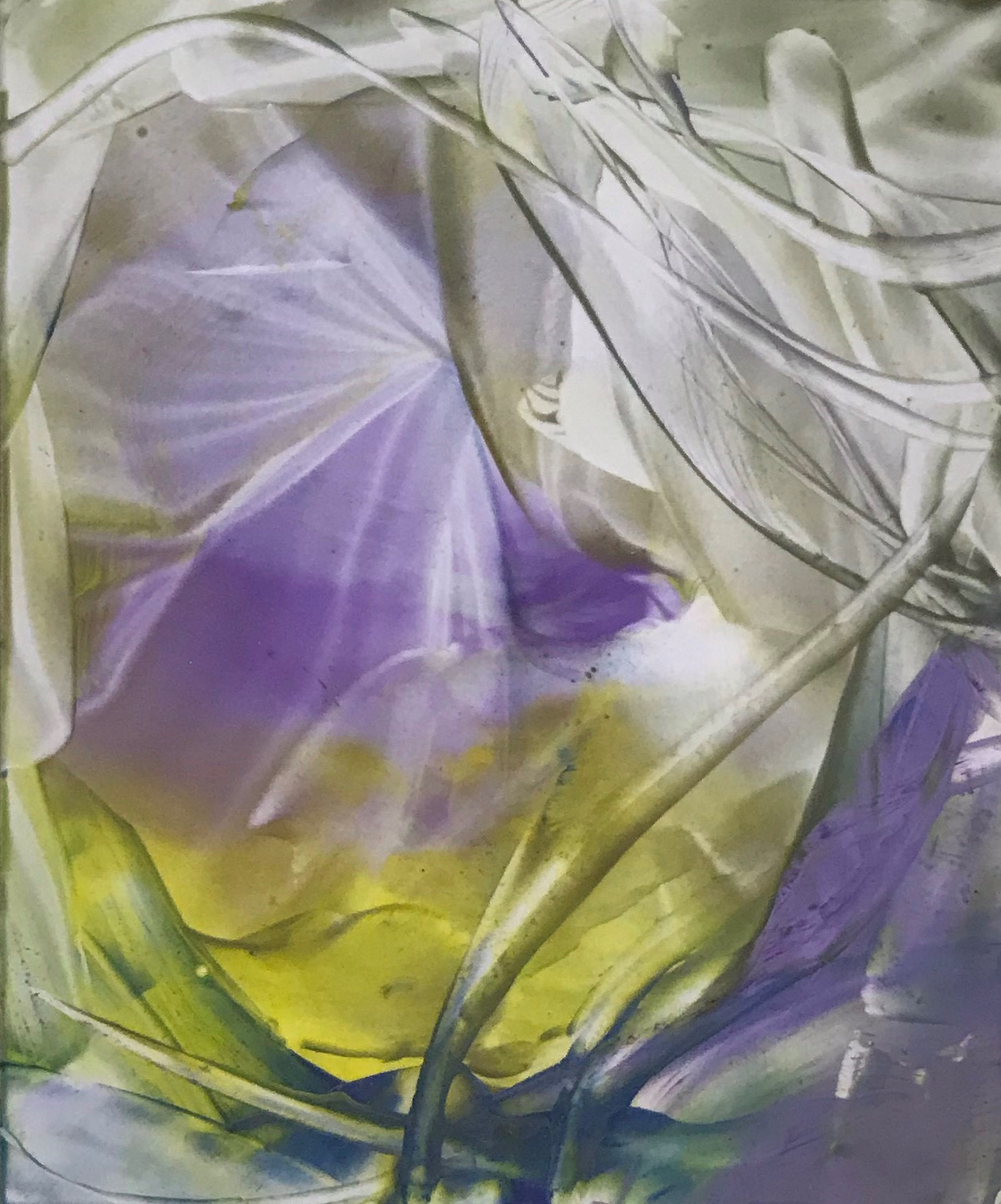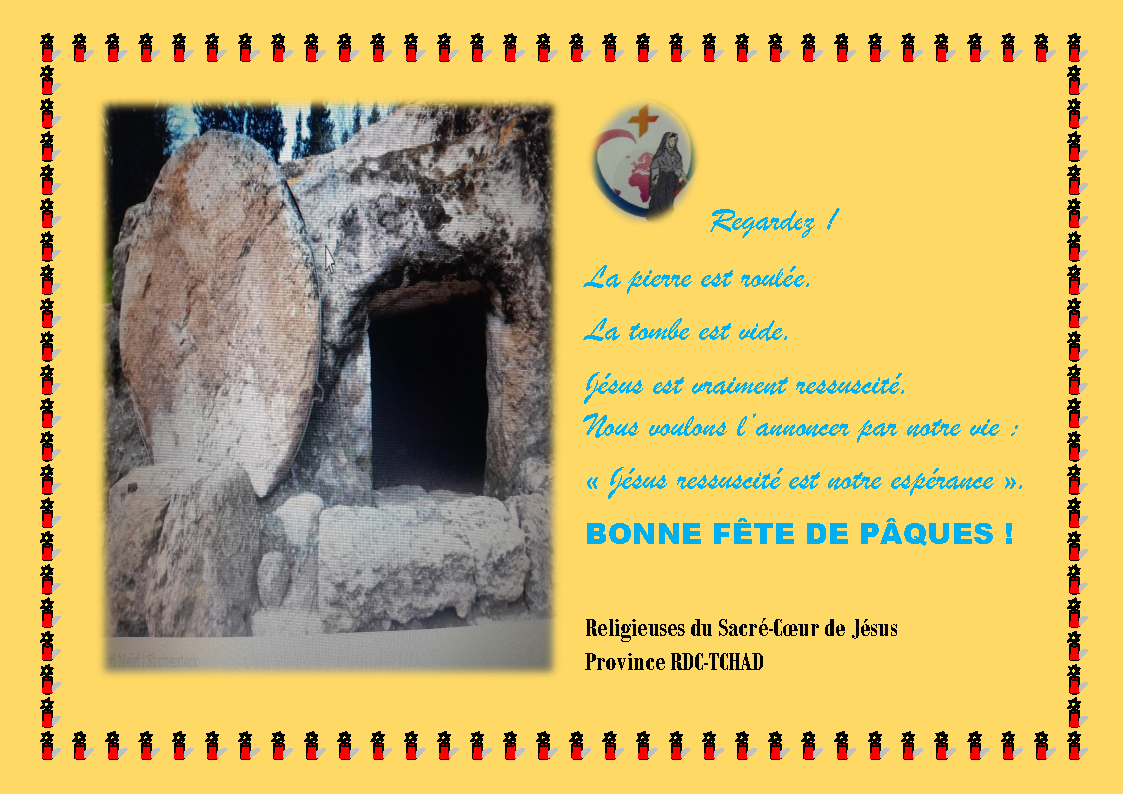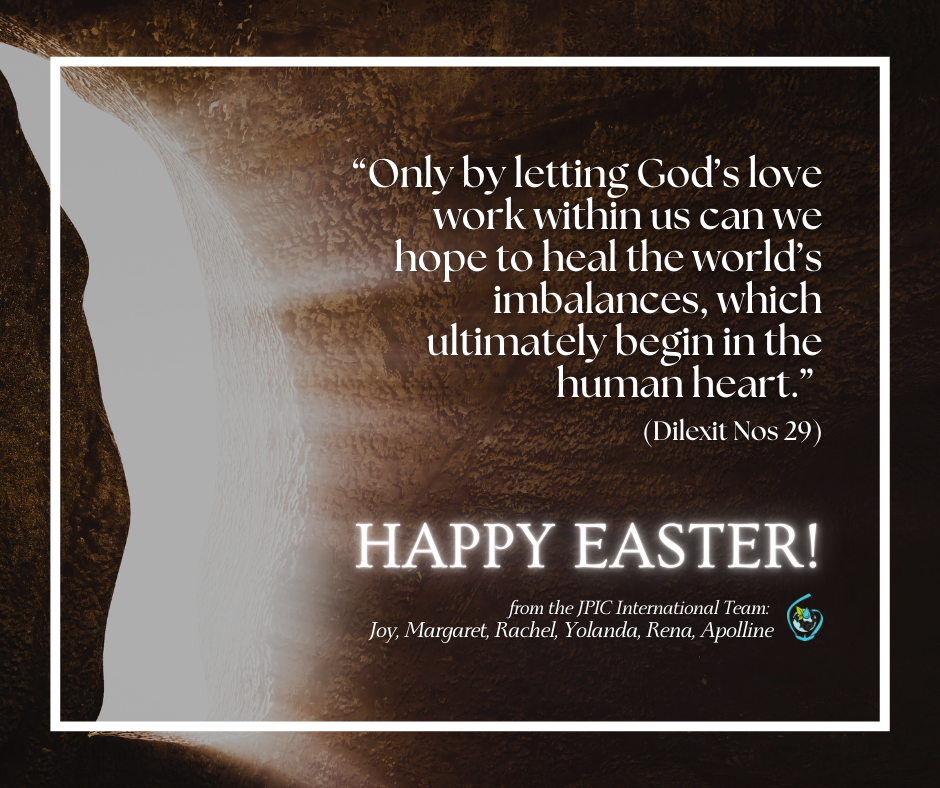What a lot of words we use in this particular liturgy! Maybe because we don’t have the supreme, silent, dramatic act of Eucharist at the centre? But instead we are treated to the richness of Isaiah’s suffering servant, John’s powerful and textured gospel, and prayers for every group we can think of within and especially beyond our church.
According to John’s gospel, the last words of Jesus before the crucifixion were in the garden of Gethsemane, when Jesus simply said to the soldiers ‘I am He’. He seems to have totally surrendered to whatever lay ahead. He could not have known in detail what that was, but he would have seen crucifixions. He would have known that there was ‘no way out’ from this, that somehow, even if he could not at that point feel the Father’s love, that he was following God’s will. As Tony said in last Sunday’s reflection, ‘no one can enter a strong man’s house, unless he first binds the strong man.’ Today we see the consequence of that voluntary binding: Jesus, God with us, choosing to be powerless…not because he has no options, but because he is simply following the consequences of his goodness, beauty and truth.
How to find the solemn quiet worthy of this day amid the lovely and familiar ritual? Let’s just pause on one small phrase from the Gospel: “At the foot of the cross stood Mary, her cousin Mary, the wife of Clopas and Mary of Magdela”. These three women have been drawn out by John, presumably because there were plenty of women friends standing watching silently as Jesus was crucified. It’s hard to imagine their anguish, and yet it is in some ways representative of every one of us. We know the horror of our history and our times. We have been to places in our world that are dark with war, hunger, oppression and violence. We walk beside the mother who watches her son die through violence, illness, drugs, Covid or other disasters that afflict our world on a daily basis. We sense our own lassitude, our inability to do the things we want to do, to be the Christians we want to be. Each act of suffering, each injustice, each sharp pain of misunderstanding or prejudice are taken up into the cross of Jesus. “Ours were the sufferings he endured”. Thirteen months after the coming of Covid to Italy, we are acutely aware of suffering in our world today. One hundred and twenty-seven million people directly affected, three million deaths; many of them alone and away from family and friends as they walk this ultimate journey into death.
The congregation of which I am a member is consecrated to ‘glorifying the Heart of Jesus’. We suggest in our Constitutions that ‘the pierced Heart opens our being to the depths of God and to the anguish of humankind’. How can we stand, as Mary did, looking at the pierced Heart of the one who we love? This surely is a work of grace. Only God can open our hearts so that we can share with Him the sufferings and hopes of humanity. Only God can give us the grace not to turn away in dismay, fear or anxiety from that which he has chosen to enter into through Jesus. Each time we open ourselves to conversion, each time we let a little more of the world’s suffering creep into our poor selves, we are widening our tent pegs, giving back to God that which he has graced in us through the incarnation, death and resurrection of his Son. Contemplating Jesus gives us the courage we need to relate to people with His attitudes of humility, empathy and compassion. It is in prayer, and in action, that we come to Him with everything that touches our hearts. Only in this right relationship with God, knowing that He is vulnerable in the face of pain and woundedness, can we bear to look at the true realities of our world.
We may be tempted to say on this day, it is only a ritual! Tomorrow we will be entering into the celebration of the Resurrection! But this is a real world that God enters into today and tomorrow. The suffering endured is not put on hold because we are acting out the end of the drama at a given moment in time. There is no holiday from pain, much as we would like to find it for others and for ourselves. There is no end to hunger, inequality, environmental destruction, erosion of human rights, or fragile relationships, unless we play our part in seeking to overcome these evils. As St Teresa of Avila says, Christ has no body now but ours. The almighty Word heard our need to have divinity enfleshed. He shared our humanity, in all its vulnerability, so that we might enter into the Divinity both now and in the future. Until we can share each other’s pain and suffering, we will be less than God called us to be. But we don’t do this alone. We have Church, congregation, community, family and friends with whom we can share the burden of pain in our world. Only in this network of relationships can the weight be shared. Only when we acknowledge that our community is but a small part of the wider community of this messy, confused world, will we have the courage to hear God calling us to be in His pierced Heart, broken for us all.
Rowan Williams, in a preview of a lecture to be given at St Paul’s says “Jesus really died. He entered into the dark pit of our loneliness and abandonment. It is there that God remains at work. Nothing can push God away. It is not that God steps in to make things easy but throughout, God is irresistibly moving in a life that cannot be extinguished.”
Bernadette Porter rscj (ENW)
Province |England/Wales|Mother House
Our Spirituality |Celebrating the Seasons
Tags |Easter|Good Friday



